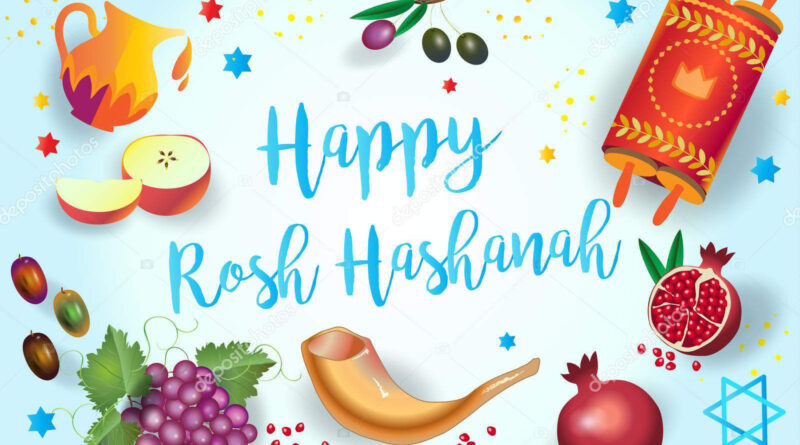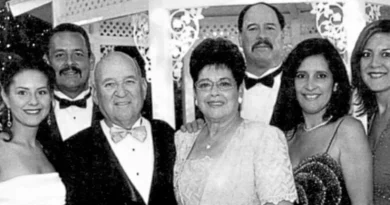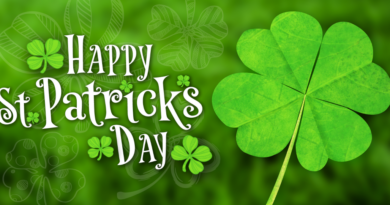History Of Rosh Hashanah
Rosh Hashanah is a Jewish holiday that marks the beginning of the Jewish New Year. The holiday is observed on the first day of Tishrei, the seventh month of the Jewish calendar, and typically falls in September or October on the Gregorian calendar. The celebration lasts for two days, and it is a time for reflection, repentance, and renewal.
The history of Rosh Hashanah dates back to biblical times when it was known as Yom Teruah or the Day of Trumpets. In the Hebrew Bible, the holiday is described as a day of rest, a day of blowing the shofar, and a day of remembrance. It was a time for the Jewish people to come together, to reflect on the past year, and to prepare for the new year.
Over time, the holiday evolved and took on new meanings and traditions. In the Talmud, Rosh Hashanah became associated with the idea of judgment and atonement. It was believed that on this day, God would open the Book of Life and determine who would be inscribed for a good year and who would not. The holiday also became associated with the concept of teshuva or repentance, which involved reflecting on one’s actions over the past year and making amends with those whom one has wronged.
As Rosh Hashanah continued to evolve, new customs and traditions were added. One of the most well-known customs is the blowing of the shofar, a hollowed-out ram’s horn. The shofar is blown in synagogues during the Rosh Hashanah services and is said to serve as a wake-up call to repentance and as a symbol of God’s kingship.
Another important tradition is the eating of special foods, such as apples dipped in honey, which symbolize the hope for a sweet and fruitful new year. Round challah bread, which symbolizes the cycle of life, is also eaten during Rosh Hashanah. Other symbolic foods, such as pomegranates, carrots, and fish heads, are also eaten during the holiday.
Today, Rosh Hashanah is celebrated by Jews all over the world. It is a time for families and friends to come together, to reflect on the past year, and to make plans for the new year. The holiday is marked by special prayers, the blowing of the shofar, and the exchange of greetings and well wishes.
Rosh Hashanah is a significant holiday in the Jewish calendar that has a rich history and many traditions. It is a time for reflection, repentance, and renewal, as well as a time to come together with family and friends to celebrate the start of a new year.
Discover more from City Towner
Subscribe to get the latest posts sent to your email.




